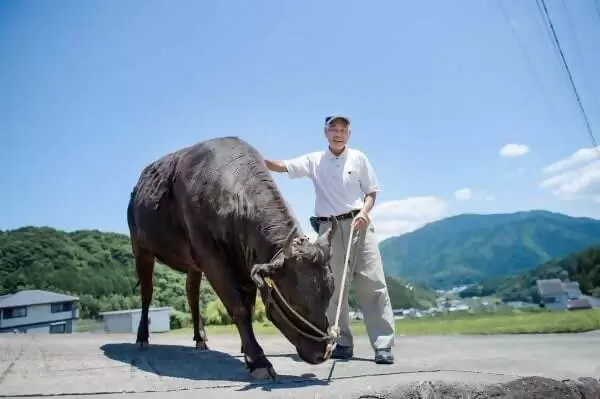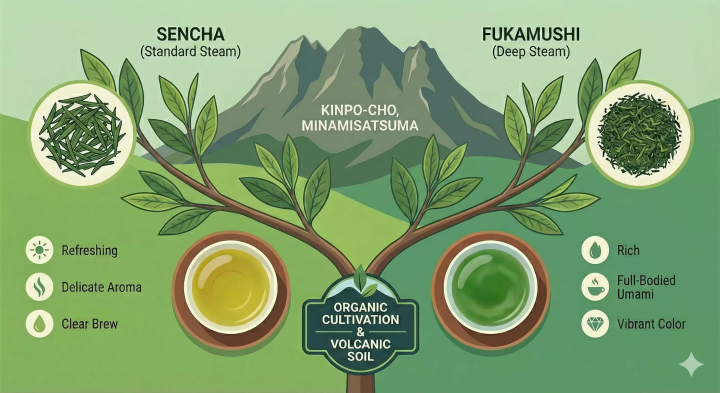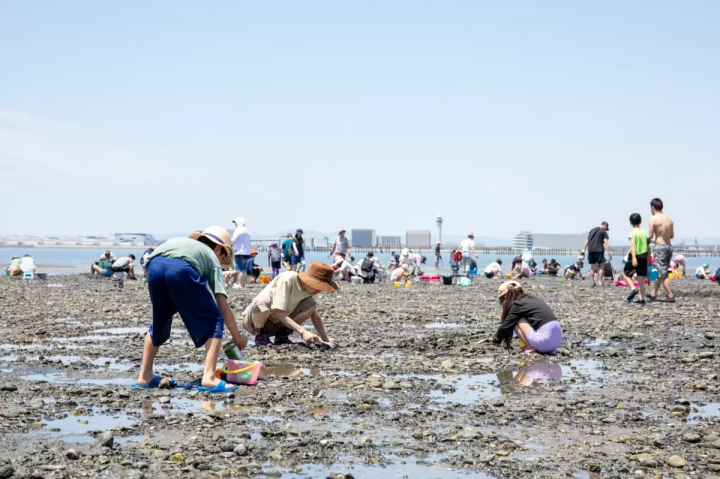Surgical Mask Wearing In Japan - Reasons To Use Masks And Where To Buy One

Many people wear surgical masks in Japan--a practice that may be surprising to those traveling from abroad. This article explains why Japanese people wear masks, different types of common surgical masks, and where you can buy them yourself.
Wearing Masks in Japan
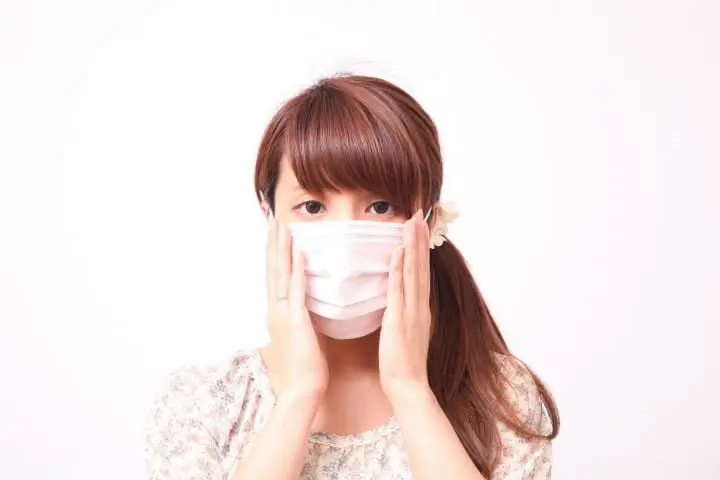
Wearing a surgical mask is not a common thing to do in many countries--in fact, they may be associated with serious illness, doctors and hospitals.
However, in Japan, you can see people wearing face masks everywhere. In 2020, due to the effects of COIVD-19, most shops and commercial facilities require customers to wear surgical masks, and it is strongly recommended by the government to wear one when going outside (even when going jogging or for a walk). Even before the coronavirus, however, these masks were often seen on the streets of Japan, in shops, or right next to you on the train for more reasons than preventing the spread of contagious diseases.
Continue reading to learn about why so many people wear surgical masks in Japan, how they can make a fashion statement, and where to buy them to wear for yourself.
Reasons for Wearing A Mask - From Cold Prevention to Fashion Trends
People in Japan wear masks on their face for a variety of reasons. It is very common to see someone wearing a mask throughout Japan, year-round.
Pollen Protection
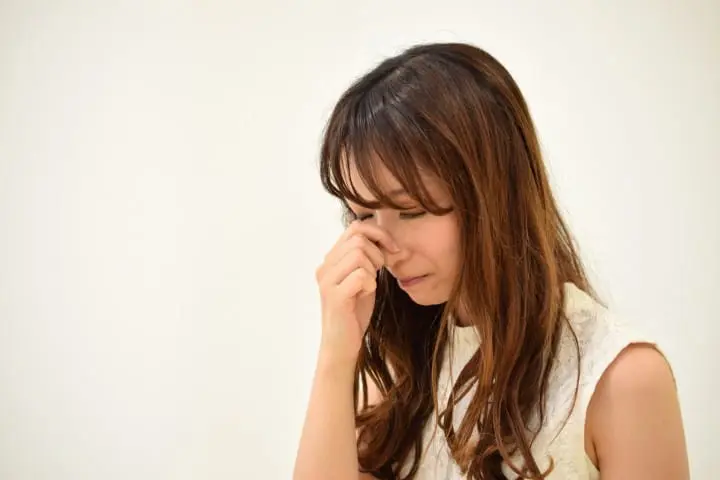
One of the many reasons why Japanese people put on masks when they go outside due to allergies. About one-fourth of the Japanese population suffers from kafunsho, or hay fever. There are about 60 types of plants and trees that cause hay fever in Japan, but the pollen from the Japanese cedar, sugi, and Japanese cypress, hinoki, is most common.
Symptoms start in late February, and sneezing can last until the end of September for those highly afflicted.
Wearing a mask provides some relief from the irritation caused by the pollen. Not only do the masks have filters that block pollen from entering, but they also hide a runny, red nose from being seen by others.
Bacteria Protection
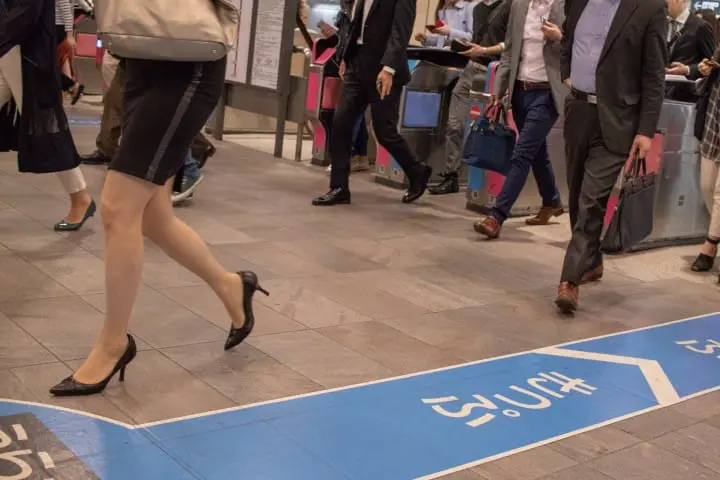
Another reason is the flu and sickness. If you catch a cold and still need to go outside, it is considered good manners to show consideration towards the others by wearing a mask. A mask will also keep you feeling warmer as your breathing will warm around your nose and mouth.
Many studies suggest that wearing masks can help the prevention and spread of germs, too. As of 2020, most people wear surgical masks outside as a preventative measure against the coronavirus.
Japanese people often go to work even if they are ill, which makes the mask a necessary item. During flu season in the winter, the mask is used as a prevention tool, too. Especially in the crowded streets and trains of Tokyo and Osaka, wearing a mask will keep you help keep you safe from the bacteria and viruses that are flying around.
Lack of Grooming
For some, masks are helpful for making the face look smaller and slimmer, which is considered to be cute in Japan. Some people also want to hide their faces when they don't have makeup on. It also makes covering blemishes and skin injuries easy!
Others wear a mask if they forgot or had no time to shave their beard since it is part of business etiquette in Japan to have a clean-shaven face.
The Personal Shield
For young people who are struggling with social awkwardness and shyness, hiding their faces in public by wearing a mask can sometimes help to gain some private space or being left alone. Students in middle school and high school may do this.
The Frost Shield
Winter in Japan can be cold and the air gets very dry. As mentioned above, a mask can function as a "natural face heater." Your own breath will keep your nose and cheeks warm and moisturized, which is important during this cold season.
Different Types of Masks
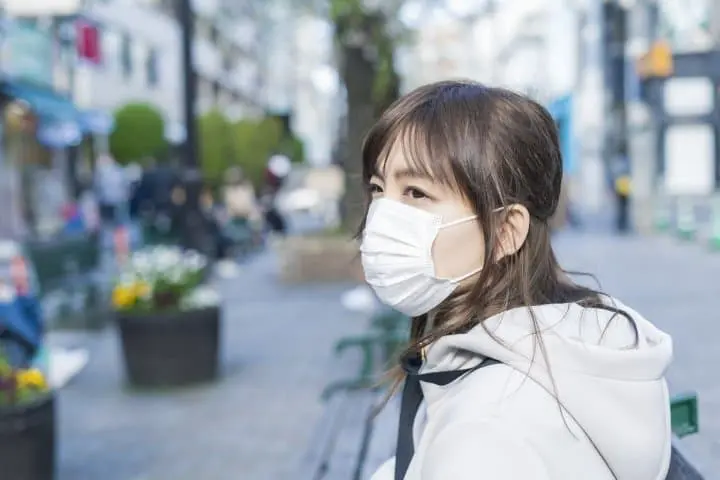
The most-worn type is a plain white surgical mask. It can be purchased anywhere in Japan at convenience stores, supermarkets and drugstores. Another place to look is at Don Quijote stores, a discount shop found throughout Japan. They usually come in a pack of seven to ten disposable masks for a price of 200 to 400 yen.
You can also purchase masks online via Amazon Japan. You can buy a box of around 20 to 50 masks for between 1,000 and 2,000 yen, making them right for daily wear.
Washable masks, like PITA and the one displayed below, are also a good choice for those who don't want to just throw away a mask after one use. The mask below is also designed to be lighter and more comfortable for summer wear.
Some of the masks are specially made to prevent glasses from fogging up, while some are mint or flower-scented. Surgical masks also come in different sizes, as well as colors and designs, like this black ninja-style mask, with an optional charcoal filter, or a fashionable leopard print mask.
Surgical Masks as a Fashion Statement
Surgical masks in Japan can also be part of fashion and making a personal style statement. For example, gonoturn, an apparel brand that makes creative face masks, is a popular option found in Shibuya. The shop sells reusable, cloth masks resembling animals and characters from Japanese pop culture that are comfortable and simply adorable.
Popular characters include those from the popular LINE smartphone application.
Pictured above is a cat mask from gonoturn. Isn't it cute?
Wearing Surgical Masks in Japan
It is common to see people wearing surgical masks in Japan and can be considered reflective of Japan's culture of respect for each other. Mask wearers use these shield-like covers for varied reasons, from cold prevention to making a fashion statement. If you are curious about experiencing what it's like to wear one yourself, simply stop into a convenience store and pick up a pack!
Read also
Main image by Pixta. This is a rewritten version of an article originally published August 2016.
Exchange student from Germany. Discovered her love for Japan through Ranma 1/2. Likes mountains, tomatoes and beer.




































![[Kagoshima] Overcoming 12 Years of Hardship: Walking through Minamisatsuma City, the sacred land where the monk Ganjin landed](https://resources.matcha-jp.com/resize/720x2000/2026/02/21-259481.webp)
